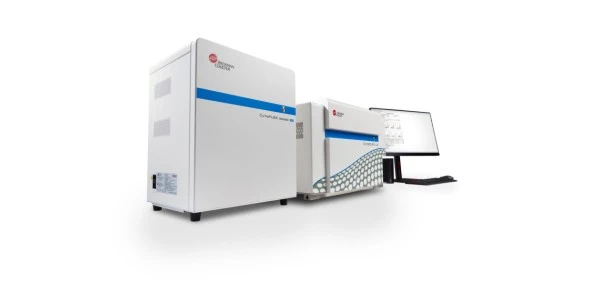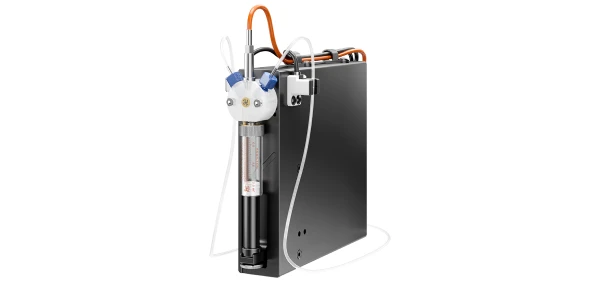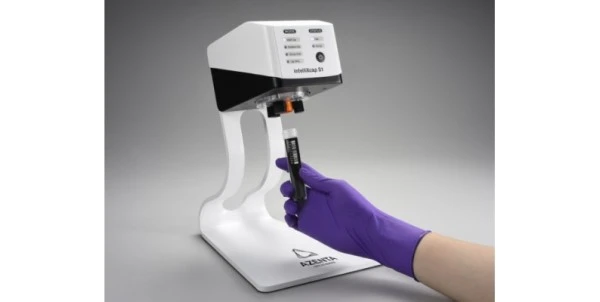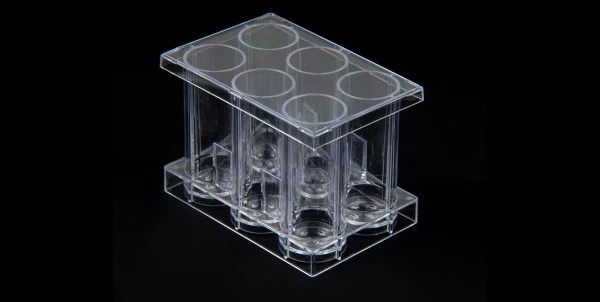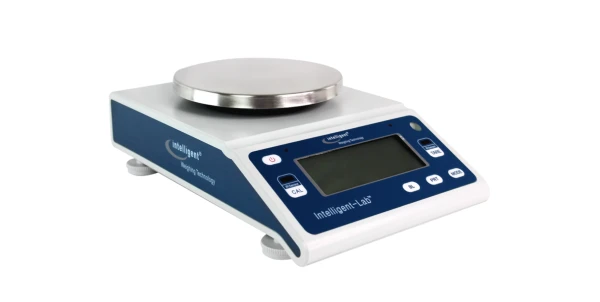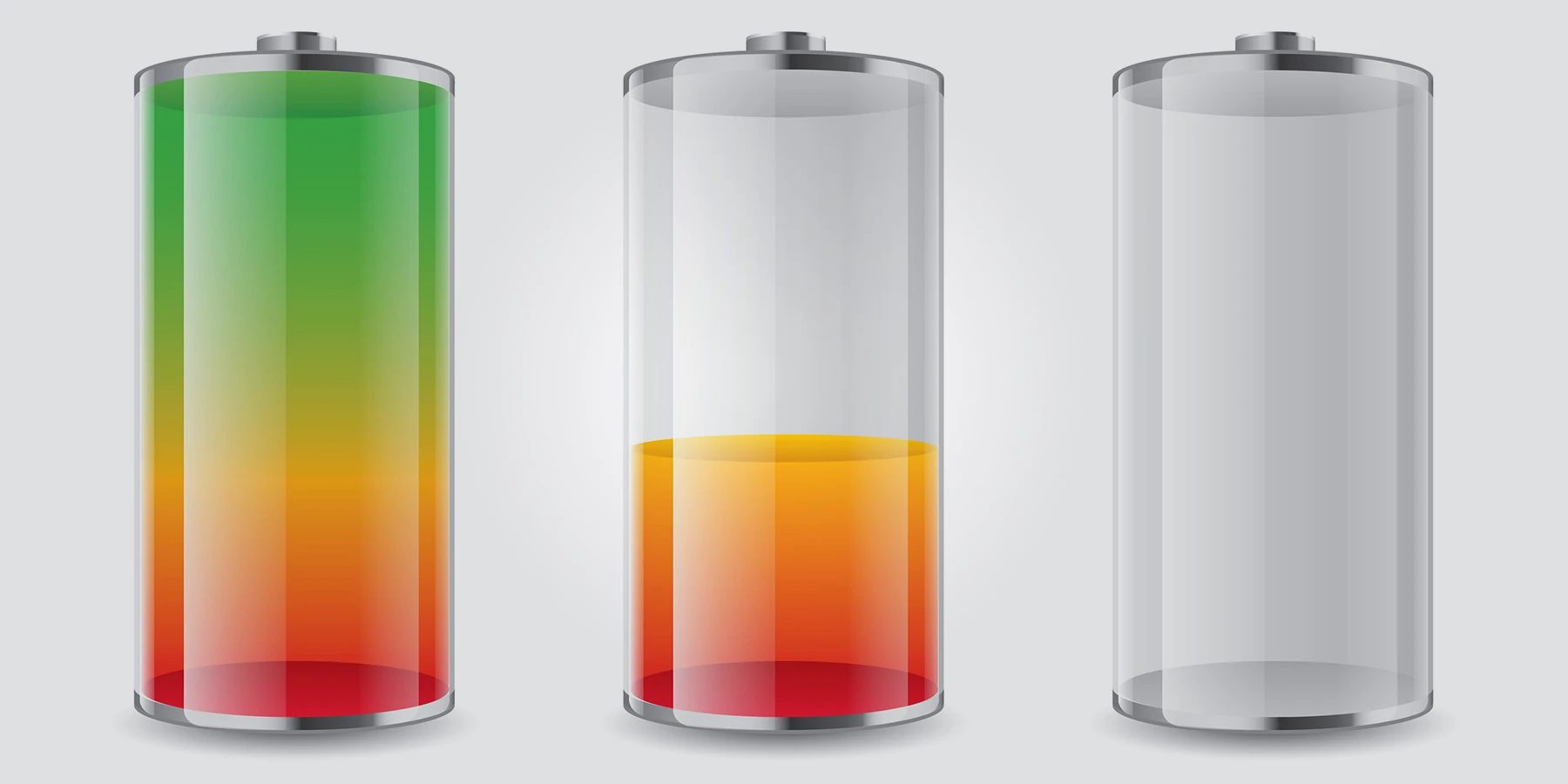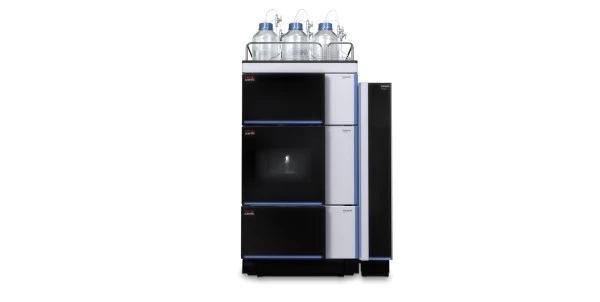Recent Results Indicate that Cannabis Reverses Aging Processes in the Brain
A published study by researchers at the University of Bonn and colleagues reports that low doses of THC can help restore memory and reverse some of the hallmark effects of aging. This has interesting and exciting implications for the potential of cannabis-based therapeutic applications for neurodegenerative diseases.
As the body and the brain ages, processes change and become less efficient. Through the course of meticulous investigations and rigorous research, scientists have found that mice missing functional cannabinoid receptors (CB1) exhibited brain processes that diminished much faster than controls, leading to acceleration of age related dementia and other neurodegenerative states.
Furthermore, the exogenous cannabinoid, THC, was shown to mitigate CB1 receptor interactions that are missing in aging mouse brains, primarily due to lower endogenous cannabinoid production. Thus, THC (and possibly other cannabinoids) appear to restore cannabinoid receptor signalling in aging mice, with dramatic effects on brain function.
A closer look at tissue morphology and gene expression showed that indeed THC had reversed the hallmark molecular signatures in brains of aging mice. There were also a larger number of brain nerve cell connections, further indicating maintenance of cognitive ability in these mice.
Of course, it has long been known that THC is responsible for the intoxicating effects of cannabis, and recent results have further indicated temporary cognitive performance issues associated with THC administration. Nonetheless, the low doses of THC used in this work show that the therapeutic effects can be produced without the negative effects seen with higher dosages.
This combined with the fact that THC has been used and in certain cases approved as a therapeutic for other indications, adds further promise to the concept of low dose THC neurodegenerative drugs.
This would be a huge development and would add significantly to the growing portfolio of cannabis-based therapeutics.


